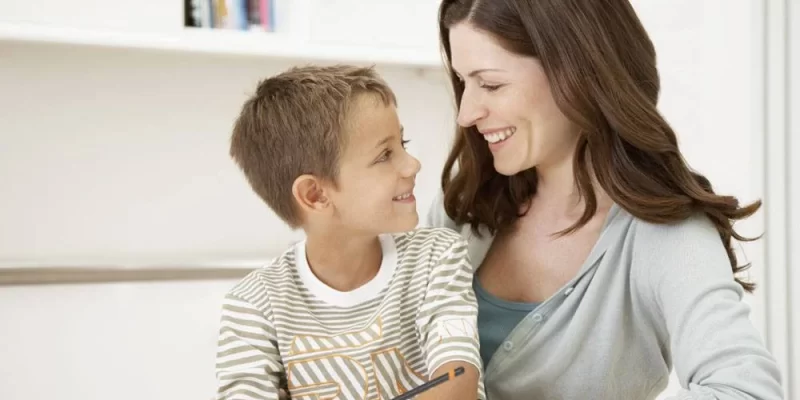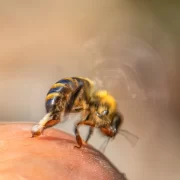Children learn valuable lessons that they will utilize all throughout their lives. Kids should adopt the skills of decision-making, problem-solving, personal cleanliness, meal preparation, communication, and many others. Many youngsters, however, don’t acquire these skills or know how to deal with actual life problems. Don’t put off teaching life skills to your children until they are teenagers.
Give your kids a head start on learning these useful hacks. As your kids get older, build on what you have already taught them and give them plenty of chances to practice. Here’s what skills to focus on and how to do it.
Decision making
Every child should start learning how to make wise choices at an early age. Start with simple options like what to have for lunch, what to wear to school, and what game to play.
Take your little one step by step through the entire decision-making process. Show them how to assess different options, weigh the benefits and drawbacks, reach a decision, and deal with its consequences.
Managing their time
Every parent is aware of how crucial time management is to having your day-to-day run smoothly. It’s also critical that young children develop time management skills because they’ll be useful for them both at school and in adulthood.
Your routine will be made easier if you teach your kids how to manage their time, stay focused, and stick to a schedule. Mastering this useful skill helps children use their time effectively, enabling them to stay on top of all of their responsibilities.
Taking care of themselves
It’s never too early to start teaching children about the importance of keeping healthy. Cleanliness plays a big part in this. Remind them to wash their hands, brush their teeth, and change into clean clothes every chance you get. Establish morning and evening routines that include these important activities. They can easily be made more appealing. For example, use bath toys to make bathtime fun.
When they adopt good habits at an early age, they’ll have no problem taking care of their personal hygiene later on.
Keeping fit
Physical fitness is another element of good health, and it’s great for children to develop a love of sports and balanced nutrition at a young age. Not all kids are naturally sporty, but you should keep trying to find an activity they enjoy even if they don’t show interest right off the bat. For example, some kids will love climbing trees, while others will be thrilled to jump on the trampoline. The key is to figure out what suits their unique personality.
When it comes to getting them to eat healthy, it’s best to keep processed foods at a minimum and expose them to nutrient-dense foods. Encourage them to explore new tastes and cook together. It’s both enjoyable and helps develop a healthy relationship with food.
Saving money
Once your children learn how to do basic math, they’re ready to also learn the essentials of money management. Most kids love going shopping, and your trip to the supermarket can be a great opportunity to show them how you manage money. Together you can decide which products to pick and how to save up more.
Also, talk to them about how they can spend their allowance wisely. As soon as they’re ready, encourage them to get a part-time job. This is great for learning the value of money and realizing how much work it takes.
Looking after their space
Toddlers love helping with chores, and this is the right time to start including them when you do housework. You can start by teaching them to make the bed and pick up their toys after playing. This will create a healthy foundation for later in life, as they’ll understand housework as a normal part of their daily routine. School-age children can also be taught the basics of home maintenance, like how to change a light bulb or unclog a drain.













